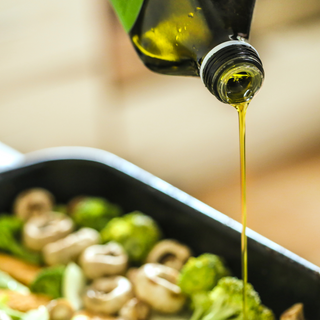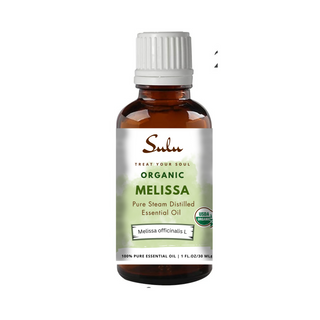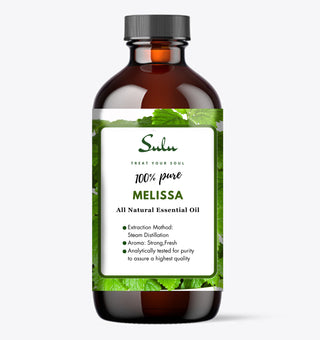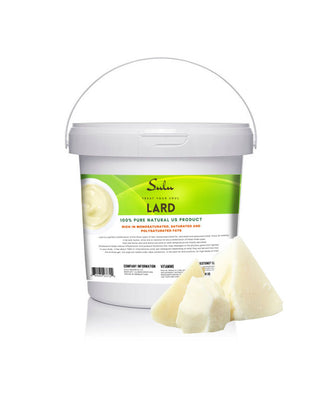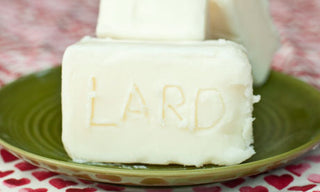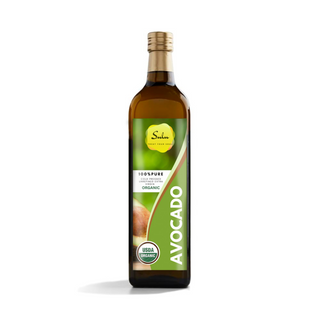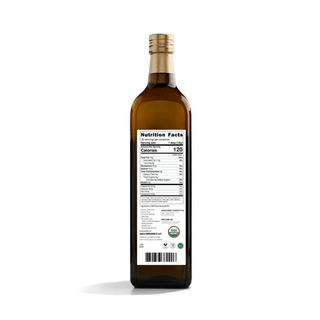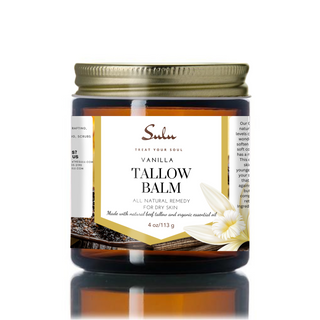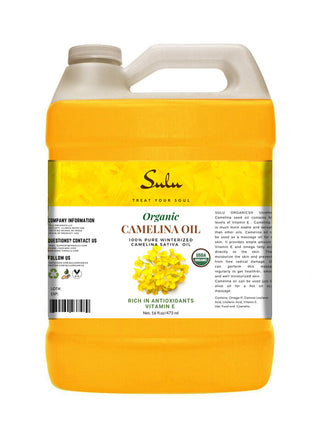Wholesale Discount
Get a 25% wholesale discount for orders over $500 . Discount applied automatically at checkout.
-
Botanical Name:Melissa officinalis
Method of Extraction:Steam Distillation
Parts Used:Leave
Color:yellow
Consistency:Thin
Perfumery Note:Top
Origin:Italy
NOTE:
There are numerous varieties of balm, and Melissa officinalis is the most well-known. The plant is a member of the mint family and has spread from its European origins to now being cultivated throughout the world.
The Melissa plant goes by many names besides lemon balm, including bee, common, and sweet balm; as well as lemon Melissa, heart's delight, and honey plant.
While the 'honey' may seem like an odd throw-in, Melissa (μέλισσα) means 'honey bee' in its Greek roots and stems from meli (μέλι), which means 'honey.'
The name was given to the plant because beekeepers of yore would crush the leaves and rub them over the hives to get the bees to return to them. Being a member of the mint family, lemon balm is easy to grow and propagate from both the stem and root.
The perennial Melissa herb can grow to about three feet high and is adorned with bright green serrated leaves that smell like lemons growing from hairy square stems. Small white or pink flowers bloom on the plant during the summer, enhancing the lemony fragrance.
The essential oil is steam distilled from the plant's leaves, flowering tops, and stems. The resulting oil is usually a pale yellow, although sometimes it has a greenish tint.
Melissa essential oil blends well with floral oils like Lavender (Lavandula angustifolia) and rose otto (Rosa damascena), citrus oils like bergamot (citrus Bergamia) and orange (Citrus aurantium), Frankincense (Boswellia carterii), and many more.
Method of Extraction:Steam Distillation
Parts Used:Leave
Color:yellow
Consistency:Thin
Perfumery Note:Top
Origin:Italy
NOTE:
There are numerous varieties of balm, and Melissa officinalis is the most well-known. The plant is a member of the mint family and has spread from its European origins to now being cultivated throughout the world.
The Melissa plant goes by many names besides lemon balm, including bee, common, and sweet balm; as well as lemon Melissa, heart's delight, and honey plant.
While the 'honey' may seem like an odd throw-in, Melissa (μέλισσα) means 'honey bee' in its Greek roots and stems from meli (μέλι), which means 'honey.'
The name was given to the plant because beekeepers of yore would crush the leaves and rub them over the hives to get the bees to return to them. Being a member of the mint family, lemon balm is easy to grow and propagate from both the stem and root.
The perennial Melissa herb can grow to about three feet high and is adorned with bright green serrated leaves that smell like lemons growing from hairy square stems. Small white or pink flowers bloom on the plant during the summer, enhancing the lemony fragrance.
The essential oil is steam distilled from the plant's leaves, flowering tops, and stems. The resulting oil is usually a pale yellow, although sometimes it has a greenish tint.
Melissa essential oil blends well with floral oils like Lavender (Lavandula angustifolia) and rose otto (Rosa damascena), citrus oils like bergamot (citrus Bergamia) and orange (Citrus aurantium), Frankincense (Boswellia carterii), and many more.
Read Reviews
New content loaded
